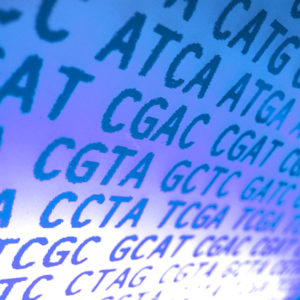Next Generation Sequencing Bioinformatics (Asia) (Virtual)
17–21 January 2022
Virtual Course
Learn to analyse next generation sequence data to address a wide range of biological questions
Summary
Due to the ongoing situation with Covid-19, this course will be delivered in a virtual format.
In collaboration with the Monash University Malaysia Genomics Facility (MUMGF), we are delighted to offer this free to attend course on application of bioinformatics tools and resources in the analysis of next generation sequence data.
High throughput sequencing has gained widespread adoption as an essential experimental assay for biological research. Analysing high throughput sequencing data involves an array of different bioinformatics tools and techniques. Therefore, it is important for experimental scientists to have the bioinformatics skills required to effectively assess and analyse data produced by next generation sequencing.
This course aims to provide a hands-on introduction to bioinformatics for next generation sequencing and to equip participants with the essential informatics skills and knowledge required to begin analysing next generation sequencing data and carry out some of the most common types of analysis.
What will I learn?
The course programme will start with a history and overview of sequencing technologies and algorithmic theory and principles of bioinformatics, followed by intensive practical computational sessions using sequence analysis techniques and tools applicable to any species or genome size. A variety of applications will be covered from post-sequencing analysis (QC, alignment, assembly, variant calling) to RNA-Seq and data visualisation. Accompanying the lectures and practical sessions will be a series of seminars by invited speakers, who will highlight their cutting-edge work harnessing the power of next generation sequencing technologies to address a wide range of biological questions.
This week-long course is open to applicants from Asia and is free to attend for non-commercial applicants. Limited bursaries to cover travel, accommodation and sustenance costs are also available. The course will be taught in English.
*Please note: The course aims to provide a hands-on introduction to bioinformatics for next generation sequencing, and should not be considered a complete education in the theoretical and mathematical foundations of the topics.
Programme
The hands-on programme will cover several aspects of next generation sequencing data analysis, including lectures, discussions and practical computational sessions* covering the following:
- Introduction to NGS technologies
- Introduction to the unix command line
- NGS data formats and tools
- Sequence alignment and QC
- SNP/indel theory and practical
- Structural variation theory and practical
- RNA-seq analysis
- ChiP-seq analysis
- Sequencing data visualisation with the Integrated Genomics Viewer (IGV)
- Accessing public sequencing repositories
- Genome assembly theory and practical
- Participant projects and presentations (final day)
Learning Outcomes
On completion of the course, participants should be able to:
- Use the unix command-line as a tool for data analysis
- Describe the different NGS data file formats available
- Perform QC assessment of high throughput sequencing data
- Explain the algorithmic concepts behind read alignment, variant calling and structural variant detection
- Perform read alignment, variant calling and structural variation detection using standard tools
- Analyse RNA-Seq and CHiP-seq data
- Perform a genome assembly using NGS data
- Describe the different data types available in public sequence repositories and how they are organised
*Please note: The practical sessions will be taught exclusively through Unix/Linux. Therefore, participants are required to have some familiarity with the Linux operating system. This will be essential for participants to fully benefit from the course. There are numerous online introductory tutorials to the UNIX/Linux operating system and command line, including:
http://www.ee.surrey.ac.uk/Teaching/Unix
http://swcarpentry.github.io/shell-novice/
Instructors and speakers
Lead Organisers/Instructors
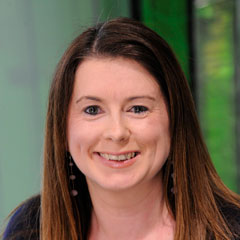
Jacqueline Keane
Wellcome Sanger Institute, UK

Thomas Keane
European Bioinfromatics Institute, UK
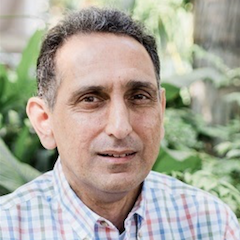
Qasim Ayub
Monash University, Malaysia
Instructors and Assistants
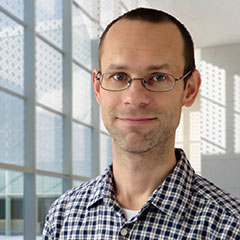
Petr Daněček
Wellcome Sanger Institute
Victoria Offord
Wellcome Sanger Institute
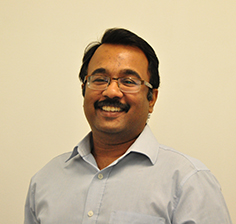
Adaikalavan Ramasamy
Genome Institute of Singapore

Aswini Leela Loganathan
Monash University, Malaysia
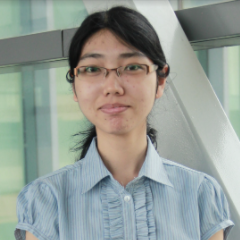
Lim Shu Yong
Monash University, Malaysia
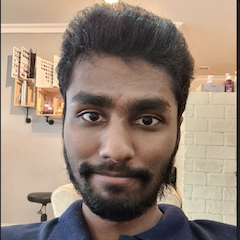
Heerman Sandra Kumar
Monash University, Malaysia
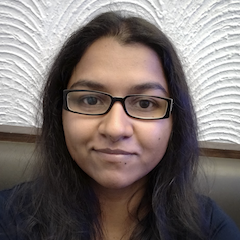
Madhuri Pulijala
Monash University, Malaysia
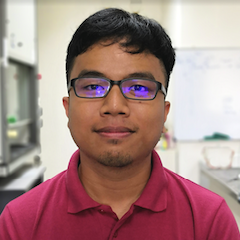
Muhammad Zarul Hanifah
Monash University, Malaysia

Nirmala Arul Rayan
Genome Institute of Singapore
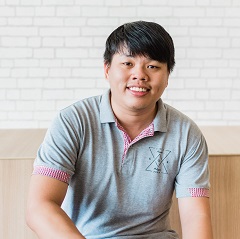
Wee Wei Yee
Monash University, Malaysia
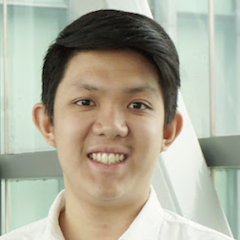
Wilhelm Eng Wei Han
Monash University, Malaysia
How to apply
Prerequisites
This course is open to applicants from Asia. Applicants should be postdoctoral scientists, senior PhD students, junior faculty members or clinicians/healthcare professionals actively engaged in or soon to commence research involving next generation sequencing data analysis. The course will be taught in English.
*Please note: The practical sessions will be taught exclusively through Unix/Linux. Therefore, participants are required to have some familiarity with the Linux operating system. This will be essential for participants to fully benefit from the course. There are numerous online introductory tutorials to the UNIX/Linux operating system and command line, including:
http://www.ee.surrey.ac.uk/Teaching/Unix
http://swcarpentry.github.io/shell-novice/
How to Apply
Please click the Apply button above to begin the online application process. Places are limited and will be awarded on merit. If you have any problems with the online application process, please contact us.
Please note: Applications must be supported by a recommendation from a scientific or clinical sponsor (e.g. supervisor, line manager or head of department). A request for a supporting statement will be sent to your nominated sponsor automatically during the application process. Applicants must ensure that their sponsor provides this supporting statement by the application deadline. Applications without a supporting statement cannot be considered.
Cost
Cost
The course is subsidised by Wellcome Genome Campus Advanced Courses and Scientific Conferences and is free to attend for non-commercial applicants. Please contact us for the commercial fee.
Testimonials
Feedback from the 2019 Overseas NGS Bioinformatics courses:
“I appreciate the excellent the organizers and instructors, and I will recommend this course because I think that it applied a excellent method of teaching, which is learning by doing”.
“I thank you for being selected for the course and have the opportunity to learn about the NGS bioinformatics analysis and meet people from all over Latin America who work in the same area as me”.
“I have benefitted tremendously from this course. I am now able to perform some bioinformatics analyses on my sequencing reads and also provide some basic level of guidance to my colleagues”.
“The first day of networking and getting to know everyone was very helpful in breaking
the ice and getting comfortable”.
“I definitely enjoyed the real hands-on practical work, with necessary and sufficient time allocated
for it, and that we had more than enough instructors that could assist us”.
“The best thing about this course was focus given to practicals, the experience and knowledge of
the instructors, and the number and diversity of instructors”.
